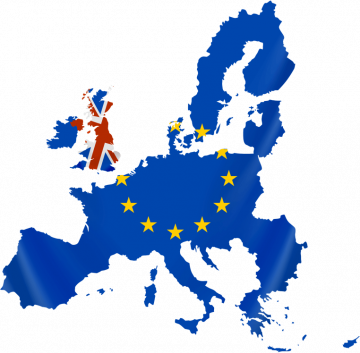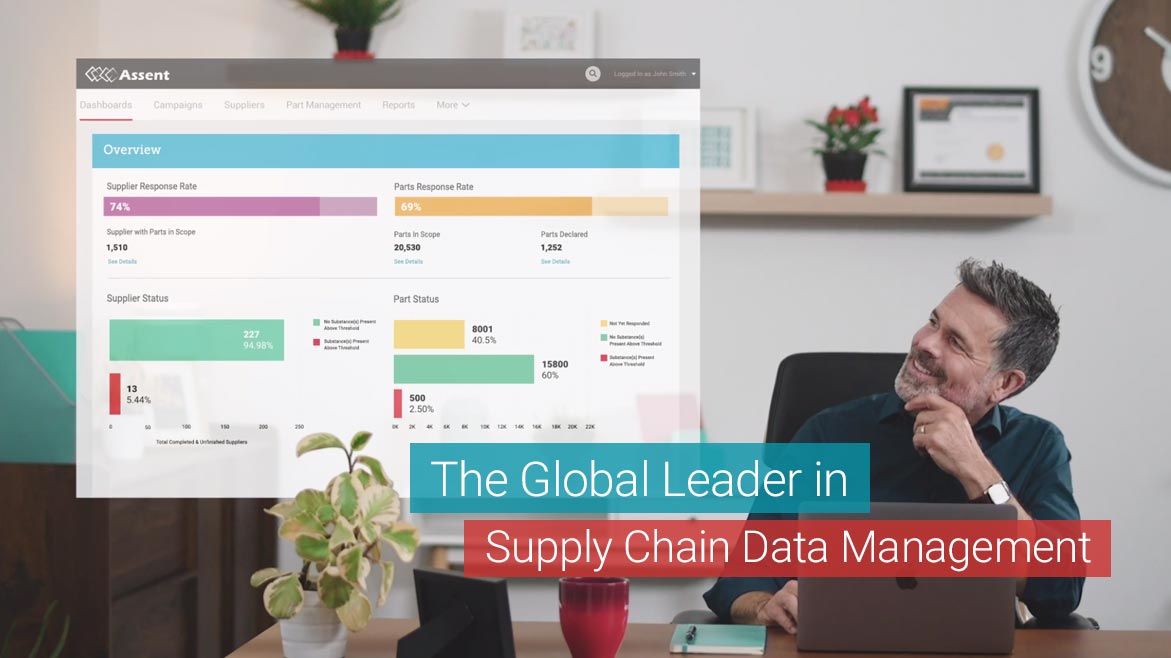What Are the Regulatory Impacts of Brexit?
A Brexit FAQ for Companies Based in the UK & European Union
In 2017, the UK government triggered Article 50 of the Treaty of Lisbon initiating the British exit (Brexit) procedure. On January 31, 2020, the UK will officially leave the European Union (EU) following years of negotiations and several extensions. This will have wide-ranging regulatory impacts on businesses in both the UK and EU, and change the international trade landscape.
Brexit & Businesses

Brexit will bring fundamental changes to manufacturers, importers and distributors in the UK and EU as new regulations are established and requirements change. We have answered some of the most frequently asked questions that companies are asking about Brexit.
The UK and the EU have agreed on a transition period that will maintain the status quo for businesses until the end of the 2020 calendar year. The UK government has stated its plan to reach a trade agreement with the EU by the end of 2020. This agreement is expected to provide more information on the regulatory and trade landscape after 2020. While much is still unknown, companies are advised to use the transitional period to adopt processes enabling compliance, such as obtaining substance-specific part-level data from their suppliers.
Brexit is a large-scale change for the UK regulatory landscape and will lead to many new processes for businesses, which may not yet be fully defined. The most significant regulatory changes emerging from Brexit are with respect to substance regulations such as the Restriction, Evaluation, Authorisation and Restriction of Chemicals (REACH) Regulation. As an EU regulation, REACH will no longer apply to the UK once it leaves the EU.
This is different from a directive, which is a set of guidelines individual member states are required to transpose into national law. For example, the UK government transposed the Restriction of Hazardous Substances (RoHS) Directive into national law, and it will remain in effect post-Brexit, but with a different legal base.
Companies in the UK will no longer be in scope of EU REACH. However, they must abide by the rules laid out in the regulation to maintain access to the EU market.
If a substance was registered for an intended use by a UK company, that registration will no longer be valid. UK companies wishing to conduct business in the European Economic Area (EEA) must register the substance through an Only Representative (based in the EU), or relocate the business operations that are responsible for the substance to an EU member state and register there. Joint registrations with a UK-based company as the lead registrant will also be invalid post-Brexit.
The relevant staff and documentation must be present at the address listed on a substance registration dossier. A registration will be invalid if the listed address has no operational relevance to the substance.
Yes, but they must comply with EU regulations such as REACH. To place products on the EEA market, companies must demonstrate compliance. It is currently unclear how UK companies can accomplish this. Unless the UK and EU reach an agreement with unique stipulations, UK companies must follow the same process as other non-EU companies in order to access the EEA. This involves establishing a relevant office in an EU member country or using an EU-based Only Representative.
After Brexit, UK and EU regulatory bodies will operate independently, unless a formal alignment is achieved in a trade deal. The UK REACH system is the proposed replacement to the European Chemicals Agency (ECHA) REACH-IT system used for EU REACH. Developed by the UK Health and Safety Executive, and the Department for Environment, Food and Rural Affairs, UK REACH can be used to:
- Validate existing UK-held EU registrations, called grandfathering.
- Submit downstream user import notifications (DUINs).
- Submit new registrations for substances.
- Submit new product- and process-orientated research and development (PPORD) notifications.
The UK REACH-IT system is currently in its early stages and is on hold awaiting the outcome of trade negotiations.
Companies have 120 days from exit day (January 31, 2020) to register a substance
The regulatory requirements established by EU regulations will not change for EU-based companies as it pertains to their business within the EU market. European Union companies wishing to enter the UK market must align with the laws of that country. To comply with UK REACH rules, EU companies can leverage a UK-based Only Representative to register substances.
If an EU company is supplied substances from a UK-based entity, the substances imported into the EU must be registered by an Only Representative or the EU importer. Substances registered by UK-based companies are invalid as of the Brexit date.
The CE markings used to demonstrate compliance will still be used on products in the UK during the transition period. If no deal is reached before the end of this period, the UK has developed the UK Conformity Assessed (UKCA) marking for certain goods. The UKCA marking will apply for products that:
- Are intended for the UK market.
- Require mandatory third-party conformity assessments.
- Have been evaluated by a UK conformity assessment body.
The EU will not recognize the UKCA marking and CE markings will still be required to enter the European market.
The current expectation is that the UK will leave the EU customs union, so trade will be subject to any relevant tariffs and duties. As mentioned, the UK government has expressed an aim to finalize a free trade agreement with the EU before the end of the year.
Trade deals already struck between countries and the EU will only affect EU member state countries, not the UK. However, the UK can now negotiate free trade deals with non-EU countries independently. Any trade deals established this way will not take effect until January 1, 2021.
Additionally, safety and security certificates will be required for goods leaving the UK for the EU. Entry and exit forms will be required for goods traveling from Northern Ireland to Great Britain, even though this is a domestic trade route
Brexit has no direct impact on the U.S. However, as the UK and the EU are now separate blocs, U.S. companies face more complexity in demonstrating compliance. For example, after the transitional period, in a no-deal scenario, a U.S. company may have to provide two registrations for a substance’s specific use to both EU REACH and UK REACH entities. Companies around the world must also maintain accurate and detailed records of country of origin for their parts, as trade deals with the EU will no longer apply to parts originating from the UK.
Leverage Your Supply Chain Data
The Assent Compliance Platform enables a proactive approach to regulatory changes such as Brexit. Learn how your company can leverage automation and centralization to prepare for a range of post-Brexit data requirements.
Download Guide

How Assent Can Help
The post-Brexit transition period gives companies time to develop processes for new data requirements emerging from the UK’s departure from the EU. Assent Compliance empowers companies with the industry-leading supply chain data management platform, so they can be prepared to maintain market access after the Brexit transition period ends.
Leveraging this data, companies can efficiently demonstrate compliance with both UK and EU substance regulations, track country of origin information and identify risks in the supply chain. Assent also has a world-renowned team of regulatory experts that offer guidance through the complex post-Brexit process.








